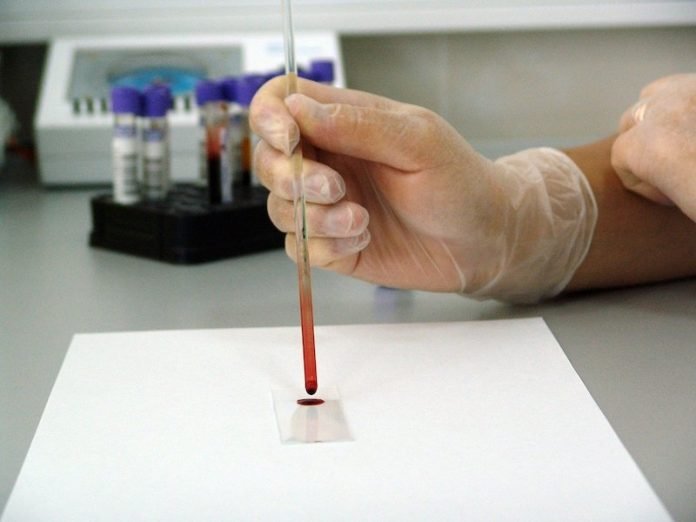
In a recent study published in Cell Metabolism, researchers have demonstrated for the first time a causal link between high insulin levels and pancreatic cancer.
They found that lowering insulin levels could protect against developing the disease. The findings hold promise for the early detection and prevention of pancreatic cancer in humans.
The research is from the University of British Columbia. One author is James Johnson
Pancreatic cancer can be tricky to detect and is too often diagnosed at a late stage, making it one of the deadliest cancers.
The five-year survival rate is less than 5%, and the incidences of the disease are increasing alongside obesity.
Hyperinsulinemia, a condition in which the body produces more insulin than it needs to control blood sugar levels, is increasingly common.
Previous research has shown more than one-third of obese adults have health condition. It can be changed by diet and lifestyle factors.
The link between hyperinsulinemia has been found across multiple cancers, including breast cancer, but pancreatic cancer has the strongest link.
In the study, the team directly test the causal link between hyperinsulinemia and pancreatic cancer.
They crossed a strain of mice that is genetically incapable of developing a rise in insulin with a strain of mice predisposed to developing pancreatic cancer.
These and the control mice were fed a diet for a year that was known to increase insulin levels and promote pancreatic cancer.
At the end of the year-long study, the mice with slightly reduced insulin levels were shown to be protected from the start of pancreatic cancer.
The team says less insulin meant reduced beginnings of cancer in the pancreas.
They would like to test whether decreasing excess insulin produced by the body could positively influence later stages of pancreatic cancer.
Copyright © 2021 Knowridge Science Report. All rights reserved.



